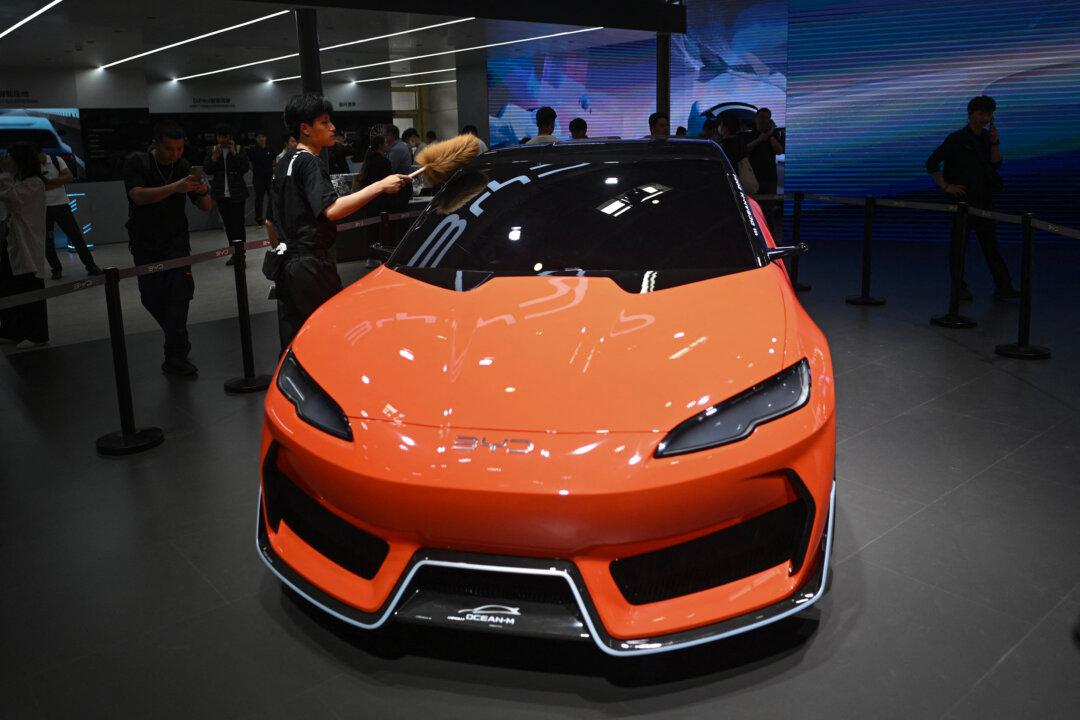The European Commission, currently finalizing new tariffs for Chinese electric vehicle imports, said Sept. 12 that it has rejected a minimum price offers by Chinese firms as an alternative to tariffs.
The European Union (EU) launched an investigation into Chinese EV imports last year and found that the state has unfairly subsidized China’s EV industry. As a result, the foreign EVs are not priced according to a competitive market, and allowing imports at prices set by the Chinese manufacturers would hurt the European market, according to the EU, requiring a tariff.





